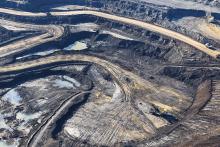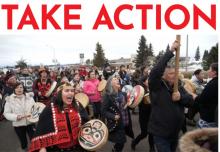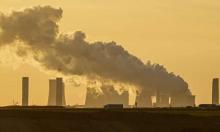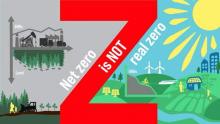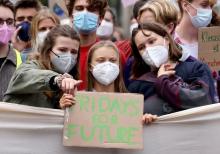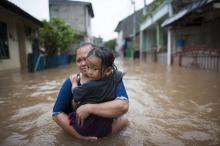October 28th 2021
Equalization payment policy always produces an energized discussion in Canada, particularly between Quebec and Alberta. During a recent election, a province’s quasi-referendum on changing the concept of equalization was supported by a substantial 41 per cent. Not the one held in Alberta this month, I’m talking about Quebec.

